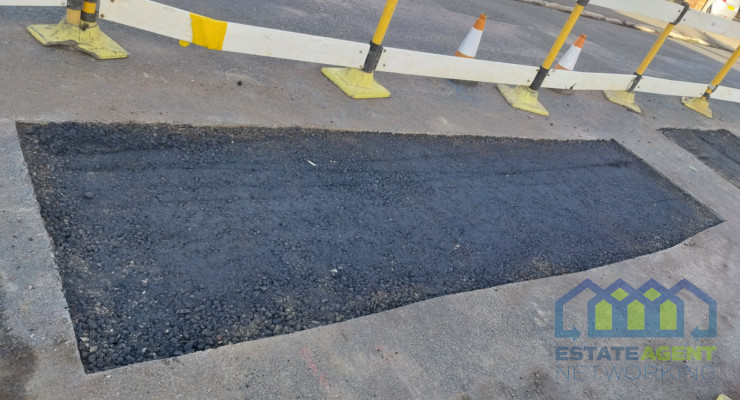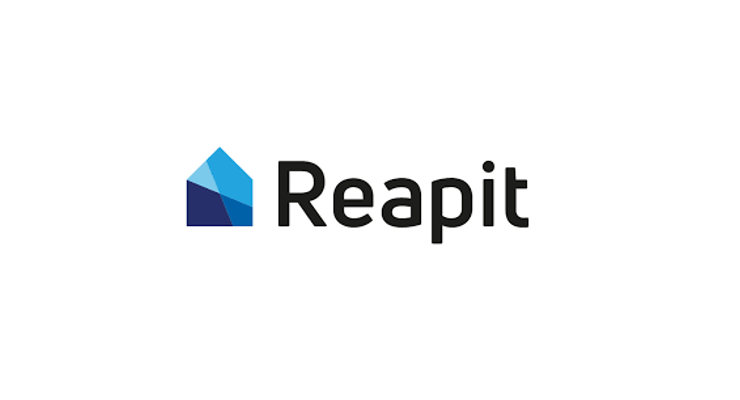Calls for ISA extension as deadline looms
Peer to peer lending platform, Sourced Capital, has called for a delay to April’s ISA deadline due to the impact of the Coronavirus to allow those investing via an Innovative Finance, Cash or Stocks and Shares ISA to make the most of their tax-free allowance.
Sourced Capital, also looked at the returns of the Cash, Stocks and Shares and Innovative Finance ISA over the last year and whether or not it’s worth investing before the 5th April’s midnight deadline.
As it stands, savvy savers have until midnight on the 5th April to make the most of their tax-free ISA and pay in up to the limit of £20,000. Failure to do so will see them lose any unused allowance for this tax year. However, with the financial difficulty caused by the spread of the Coronavirus, Sourced Capital believes the deadline should be extended to October, to allow those investing via an ISA to maximise the allowed limit once they are more financially stable.
Any UK resident over the age of 16 is able to make the most of the more straightforward Cash ISA, or they can invest in a Stocks and Shares ISA from the age of 18 which carries more risk but provides a better return on average. You can also save up to £20,000 tax-free via a combination of both a Cash and Stocks and Shares ISA if you please, although there are other options such as the Innovative Finance ISA which can yield a much better return, although again they do carry greater risk and you must be 18 or older to invest.
The latest data shows that in the tax year 2017-2018, £39.8bn was deposited into Cash ISAs, a 1.6% increase on the previous year. During the same year, £28.7bn was deposited into Stocks and Shares ISAs, a 28.6% uplift on the previous year.
But which has been the most lucrative for savers?
In the 2017-2018 tax year, the average saver deposited £5,115 into a cash ISA with the average rate of 1.31% bringing a return of £67. For those that deposited their full £20,000 allowance, the same rate of return would have resulted in an additional £262.
In the same period, the average saver deposited £10,124 into Stocks and Shares ISAs with an average rate of return hitting 4.8%. This brought the average saver a return of £486, but those depositing their whole £20,000 allowance would have seen a return of £960.
However, there has been an increase in the popularity for other saving investment vehicles with the Innovative Finance ISA becoming particularly popular.
With an average rate of return sitting at 10% and the average investor depositing £6,409, the Innovative Finance ISA returned £641 on average in 2017-2018. A £20,000 investment would have seen a return of £2,000.
Stephen Moss, founder and MD of Sourced Capital, commented:
“There are just a few days left if you do want to make the most of your tax-free ISA allowance for this financial year, but with many of us now struggling to work due to the sanctions imposed because of the Coronavirus, we believe the Government should delay this deadline until October at least.
Doing so would hopefully allow for the dust to settle and for the many who have seen their income dwindle, to return to work and accumulate the savings necessary to maximise the benefit of their chosen ISA scheme.
With a second reduction in interest rates to a low of 0.1%, this is even more vital as the returns available were already slim, to say the least.”
What is an IFISA?
The IFISA is a category of ISA which was launched in April 2016 for UK taxpayers and can provide returns as high as 10-12% an annum, although capital is of, course, at risk. Previously, there have been two main types of ISA: Cash ISAs and Stocks and Shares ISAs.
Similar to these ISAs, the IFISA allows you to invest money without paying personal income tax. This enables you to invest your money into the growing peer to peer market.
Like cash ISAs Each tax year, you get an allowance of up to £20,000 to put into IFISAs which you can distribute across your different ISAs should you wish to. In addition, you can transfer your previous year’s ISA investments into your IFISA.
|
Total value (£) – based on the number of accounts subscribed and average subscription per account
|
||||
|
Year
|
Cash ISA
|
1 year change
|
Stocks and Shares ISA
|
1 year change
|
|
2016-2017
|
£39,194,560,000
|
£22,324,947,000
|
||
|
2017-2018
|
£39,802,262,000
|
1.6%
|
£28,701,540,000
|
28.6%
|
|
CASH ISA Return
|
||||
|
Year
|
Average Sum Deposited
|
Average rate
|
Cash ISA at average %
|
|
|
2017-2018
|
£5,114
|
1.31%
|
£67
|
|
|
Year
|
Total Allowance Deposited
|
Average rate
|
Cash ISA at average %
|
|
|
2017-2018
|
£20,000
|
1.31%
|
£262
|
|
|
S&S ISA Return
|
||||
|
Year
|
Average Sum Deposited
|
Average rate
|
Cash ISA at average %
|
|
|
2017-2018
|
£10,124
|
£486
|
||
|
Year
|
Total Allowance Deposited
|
Average rate
|
Cash ISA at average %
|
|
|
2017-2018
|
£20,000
|
£960
|
||
|
Innovative Finance ISA Return
|
||||
|
Year
|
Average Sum Deposited
|
Average rate
|
Cash ISA at average %
|
|
|
2017-2018
|
£6,409
|
10%
|
£641
|
|
|
Year
|
Total Allowance Deposited
|
Average rate
|
Cash ISA at average %
|
|
|
2017-2018
|
£20,000
|
10%
|
£2,000
|
|
|
Sources:
|
|
|
ISA statistics
|
|
|
ISA average rates
|
|
|
ISA deadline info
|
|









